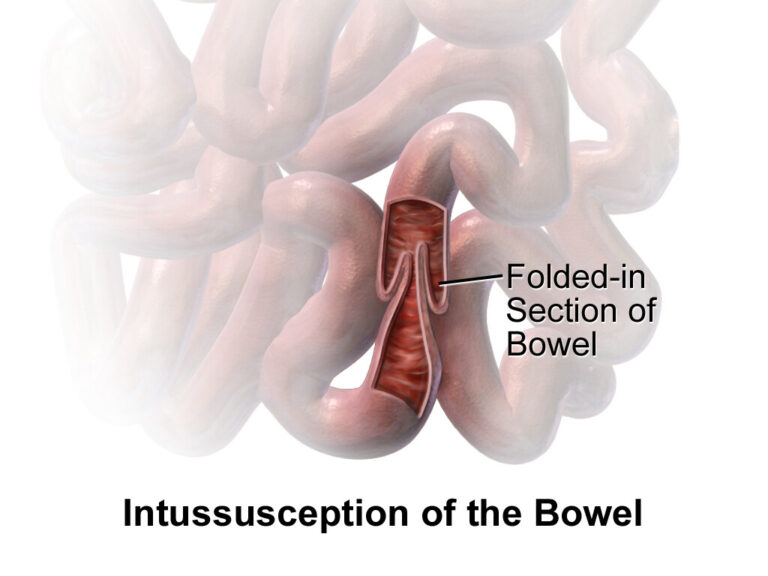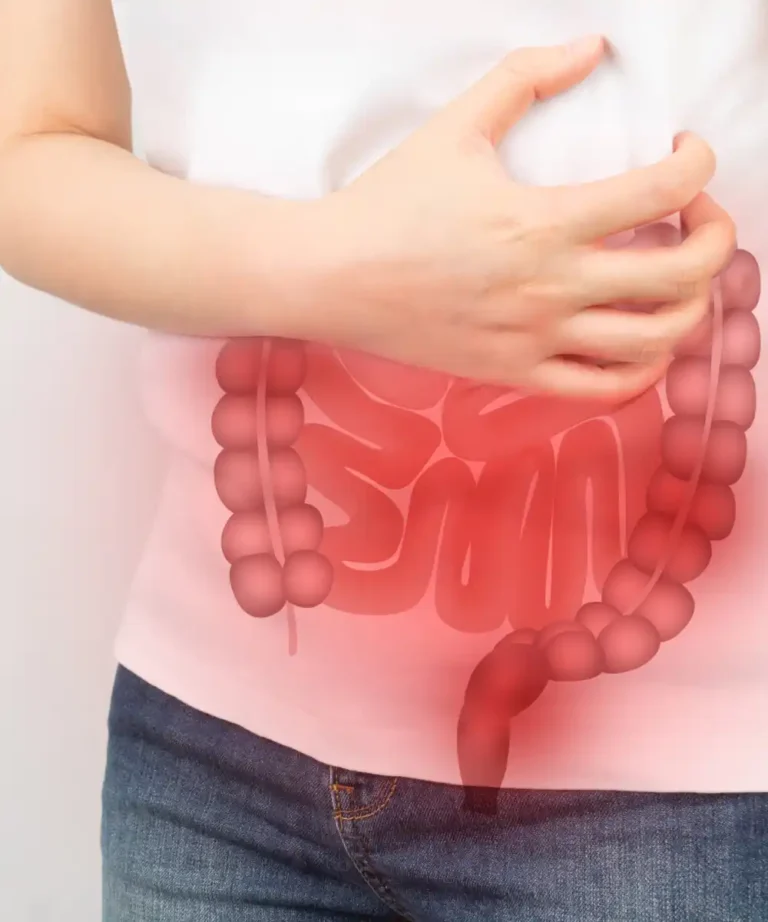Back pain is a common condition that affects millions of people worldwide, impacting their daily activities and overall quality of life. One of the underlying causes of back pain is stiff and tight muscles. When our muscles become stiff and tense, they can put excessive strain on the spine, leading to discomfort and pain.
Understanding the link between stiff muscles and back pain is vital for effective prevention and treatment. In this article, we will explore how stiff and tight muscles contribute to back pain, the causes behind this condition, the effects on the spine, common symptoms to recognize, and various treatments and home remedies to relieve pain and discomfort.
How Muscles Contribute to Back Pain
Muscles play a crucial role in supporting the spine and maintaining its stability. When muscles are relaxed and flexible, they provide the necessary support to our back, allowing for smooth movement and proper alignment. However, when muscles become stiff and tight, they can no longer function optimally, leading to imbalances and strain on the spine.
Tight muscles can pull the spine out of its natural alignment, causing pressure on the discs, nerves, and other structures. This imbalance can result in varying degrees of back pain, ranging from mild discomfort to chronic agony.
Causes of Stiff and Tight Muscles Leading to Back Pain
Several factors can contribute to the development of stiff and tight muscles, leading to back pain. The most common causes include poor posture, a sedentary lifestyle, inadequate stretching or warm-up before physical activity, muscle imbalances, and repetitive movements.
Additionally, stress and anxiety can also cause muscle tension, which may manifest in the form of back pain. Understanding the underlying causes of muscle stiffness is crucial in addressing the root of the problem and preventing further pain and discomfort.
Effects of Stiff and Tight Muscles on the Spine
When muscles surrounding the spine become stiff and tight, they can create a chain reaction of negative effects on the spine. The imbalance caused by these muscles can put excessive pressure on the intervertebral discs, leading to herniation or bulging. Moreover, the tight muscles can compress the nerves running along the spine, resulting in radiating pain, numbness, or tingling sensations.
Over time, the continued strain on the spine can lead to degenerative conditions such as osteoarthritis or spinal stenosis. It is crucial to address the issue of stiff muscles promptly to prevent further damage to the spine.
Common Symptoms: Recognizing Stiff Muscles and Back Pain
Recognizing the symptoms associated with stiff muscles and back pain is essential for early intervention and appropriate treatment. Common signs include muscle stiffness, limited range of motion, muscle spasms, localized or radiating pain, and difficulty performing daily activities.
Individuals may also experience tension headaches or aching sensations in the neck, shoulders, or lower back. If you are experiencing these symptoms, it is advisable to consult a healthcare professional for an accurate diagnosis and suitable treatment plan.
Treatments for Relieving Stiff Muscles and Back Pain
There are various treatment options available for relieving stiff muscles and back pain. Non-surgical interventions such as physical therapy, chiropractic care, and massage therapy can help alleviate muscle tension, improve flexibility, and restore proper alignment.
In some cases, medication or injections may be prescribed to manage pain and inflammation. Additionally, incorporating regular exercise, stretching, and posture correction techniques into daily routines can promote muscle relaxation and prevent further discomfort.
Home Remedies for Relieving Pain from Muscles
In addition to professional treatments, several home remedies can assist in relieving pain and discomfort caused by stiff muscles. Applying heat or cold packs to the affected area can help reduce inflammation and promote muscle relaxation. Gentle stretching exercises, such as yoga or Pilates, can improve flexibility and strengthen the supporting muscles.
Maintaining good posture and using ergonomic furniture can also alleviate strain on the back. Additionally, practicing stress management techniques like deep breathing or meditation can help reduce overall muscle tension.
Conclusion
Back pain caused by stiff and tight muscles can significantly impact our daily lives. Understanding the link between muscle stiffness and back pain is vital for prevention and effective treatment. By addressing the underlying causes, such as poor posture or a sedentary lifestyle, individuals can take proactive steps to relieve muscle tension and improve their overall spinal health.
Whether through professional interventions or home remedies, the goal is to restore muscle flexibility, relieve pain, and promote proper spine alignment. By adopting a comprehensive approach to care, individuals can regain control over their back health and enjoy a pain-free life.



